(agriculture
and sufficiency lifestyle)
(Ranot district- Songkhla province)
DaLaa MLTV project – code: 2101
All year round
Maximum 5 volunteers
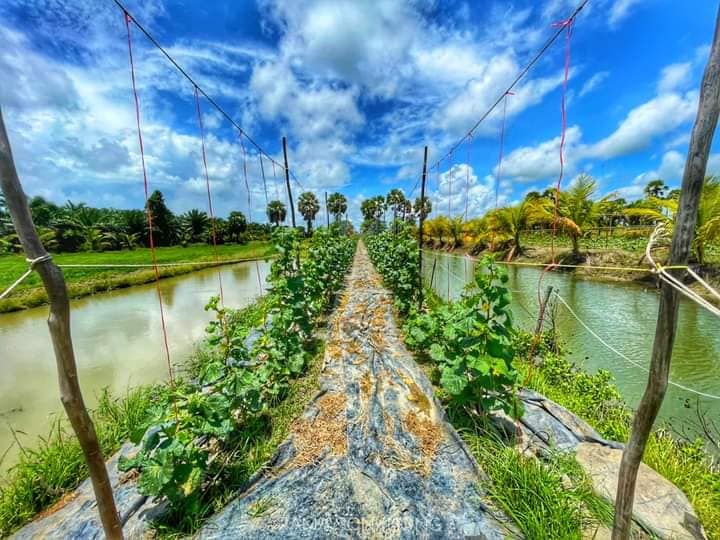
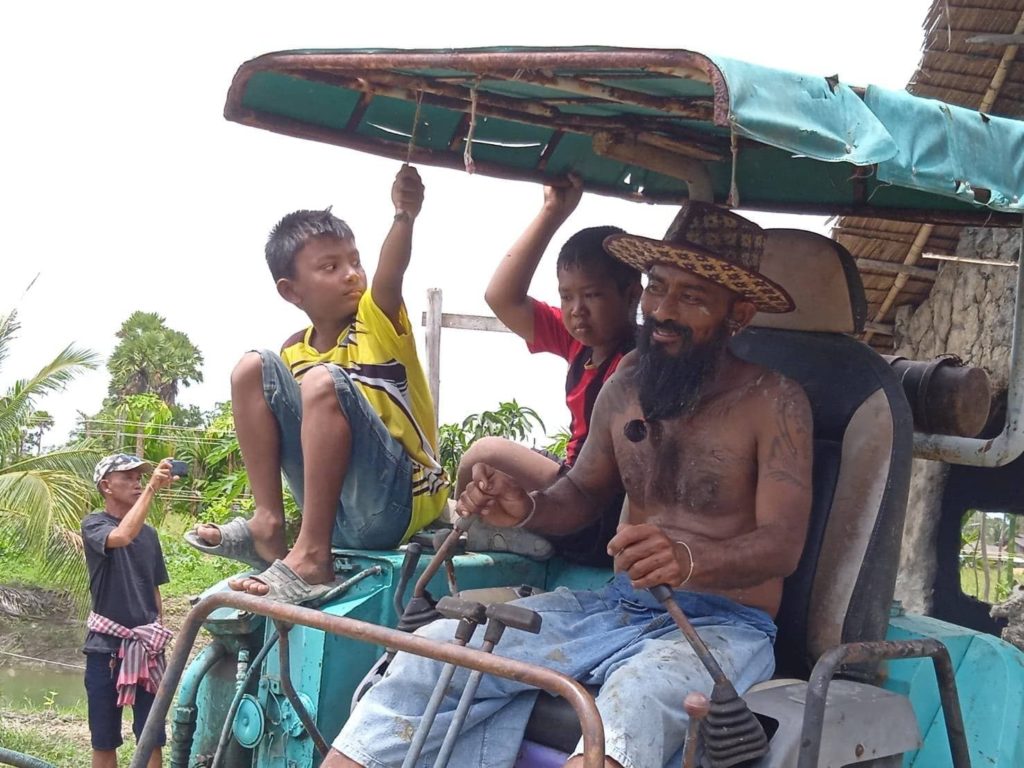
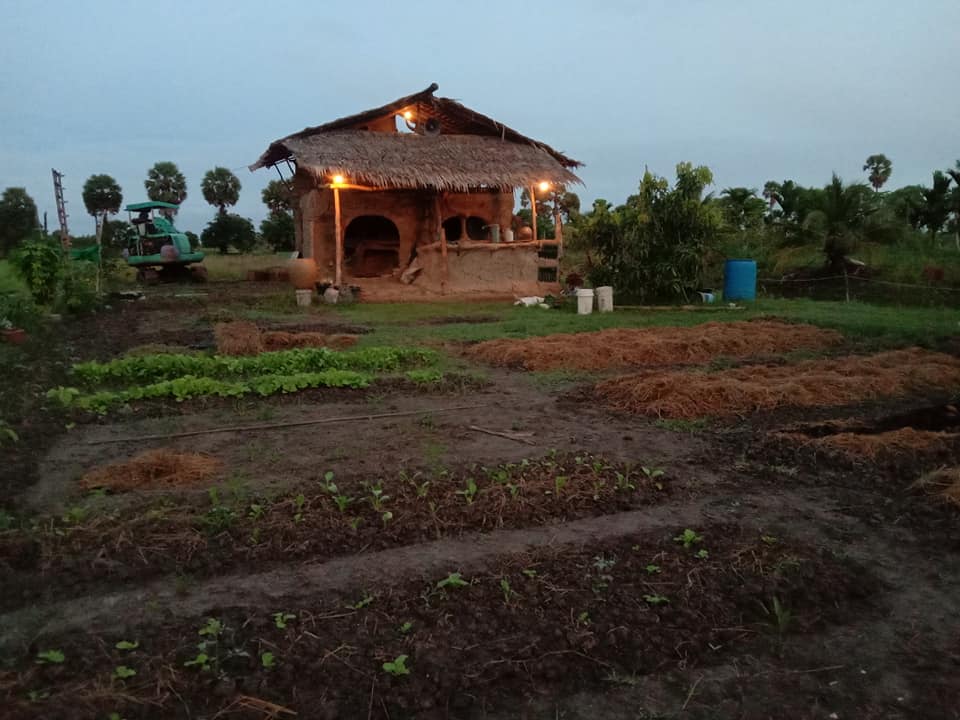
SHORT DESCRIPTION
Put your hands and feet in the mud, to produce organic rice and to go on with this friendly house built to welcome volunteers and social/community activities at Mr Kong rice field place for agrotourism and sufficiency lifestyle. You will discover the local Ranot culture, exchange with the local people about the strength of the community and the development of social projects as Mr Kong wish to develop.
HISTORY and REASONS OF THE PLACEMENT
Mr. Kong is a hardworking, creative and organic original farmer and has been back home working for a few years on his big family land on rice fields and sugar palm trees. Recently, he added a melon farm and a nice restaurant with his wife. A friend has also opened a coffee shop in front of the road. He has developed a kind of local friendly agrotourism and is an example of a sufficiency lifestyle. He has a big network of artist friends and this is how we learn to know him. P Tik, our musician and activist friend, indeed invited us to support the wish of Mr. Kong to take increasing responsibility in the society’s well-being by inviting children and local youth as well as outsider volunteers to his farm.
AIMS of the Placement
- To support the social development aspects of Na Nai Kong farm (opening to local children, youth and outsider volunteers)
- To get to know each others with the local community
- To work on the building of the clay house that will be welcoming volunteers and social activists
- To grow in authenticity, responsibility and inclusion values
- Managing our daily life: cooking, cleaning, harmonious relationships and not being a burden for the host
WORK AND ACTIVITIES
- Clay house construction. Get ready to be dirty!
- Organic agriculture: compost, seedling, planting, caring…
- Area and local culture discovery
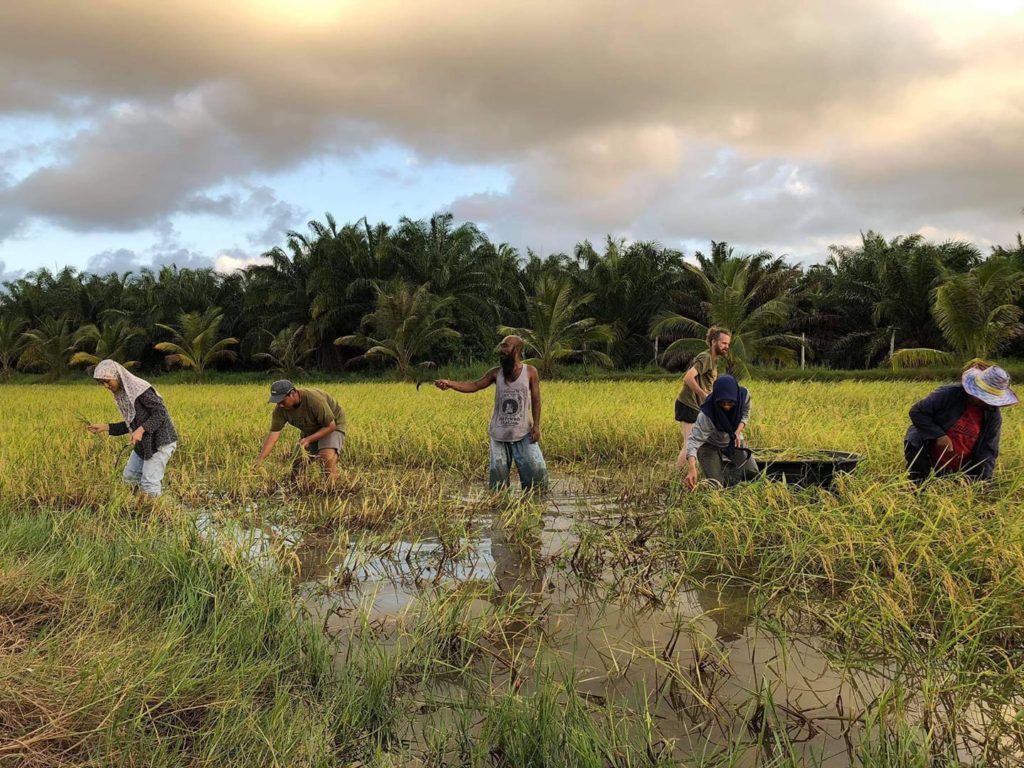
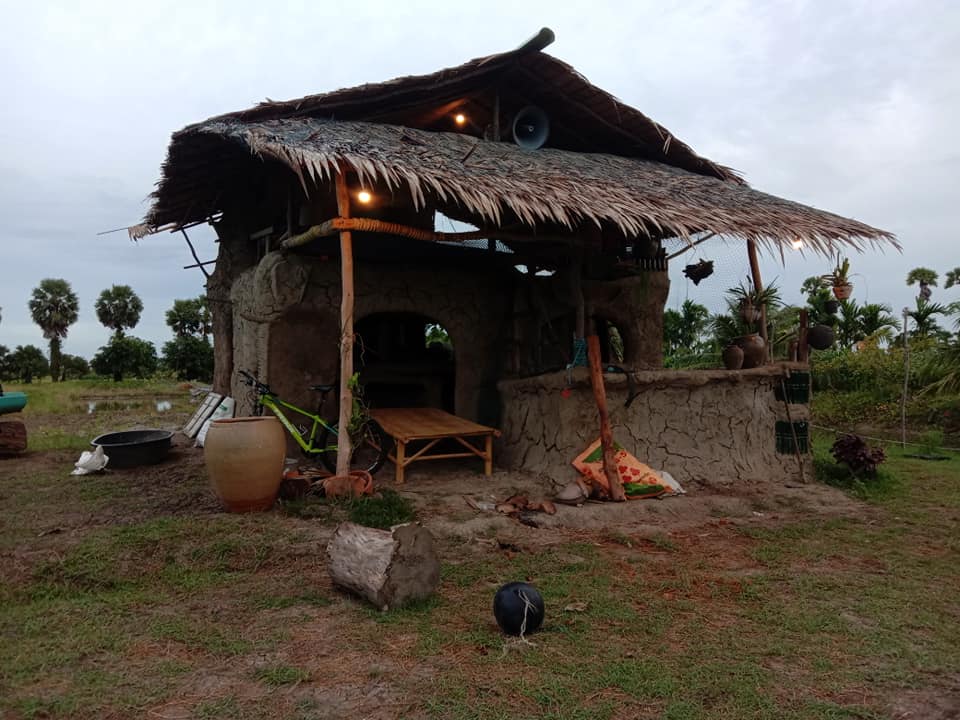
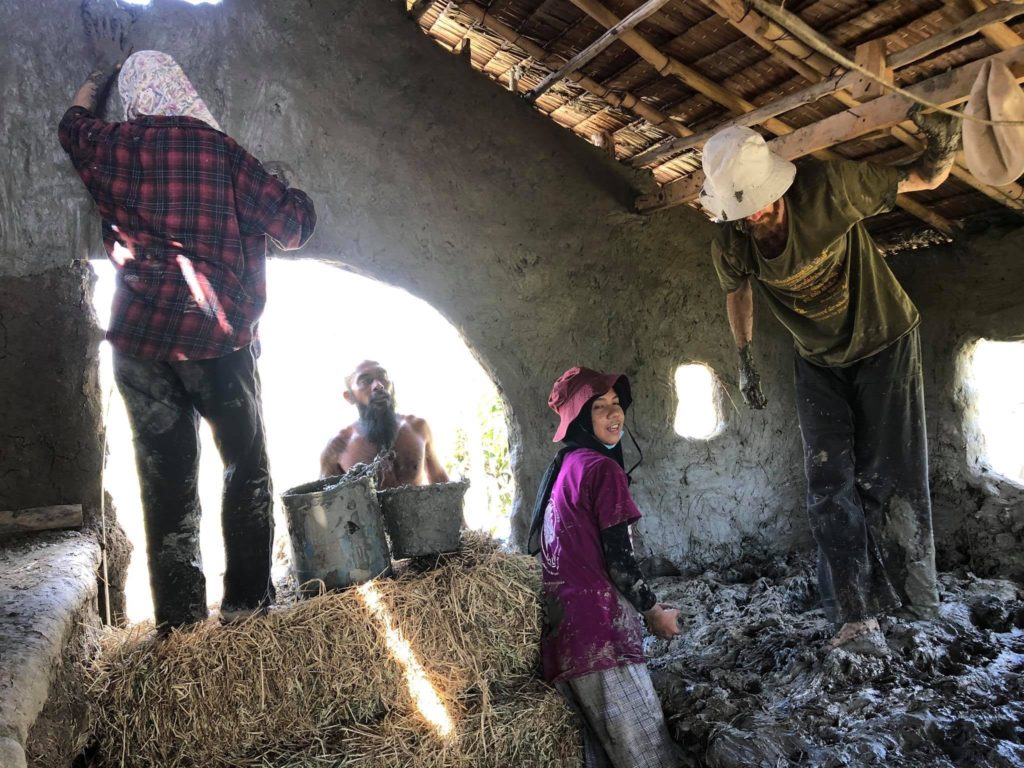
REQUIREMENTS
Volunteers should be ready to adapt to the Thai, local way of life, and willing to create relationships with volunteers’ friends, hosts and local people. Some difficult points could be the language and culture barrier, mosquitoes and insects, eating rice at every meal, missing feedback, changing plans often. Volunteers should be able to stay in a remote environment, without public transport. Volunteers should be able to take responsibility for themselves and the team by taking care of their health and security and be fully involved in the daily tasks.
Other practical information
We will cook and live together. There is the family restaurant, a coffee shop and a big house for the volunteers with simple conditions
We will provide sleeping material like a small mattress, pillows and a mosquito net
If you have special needs, please inform us in advance.
